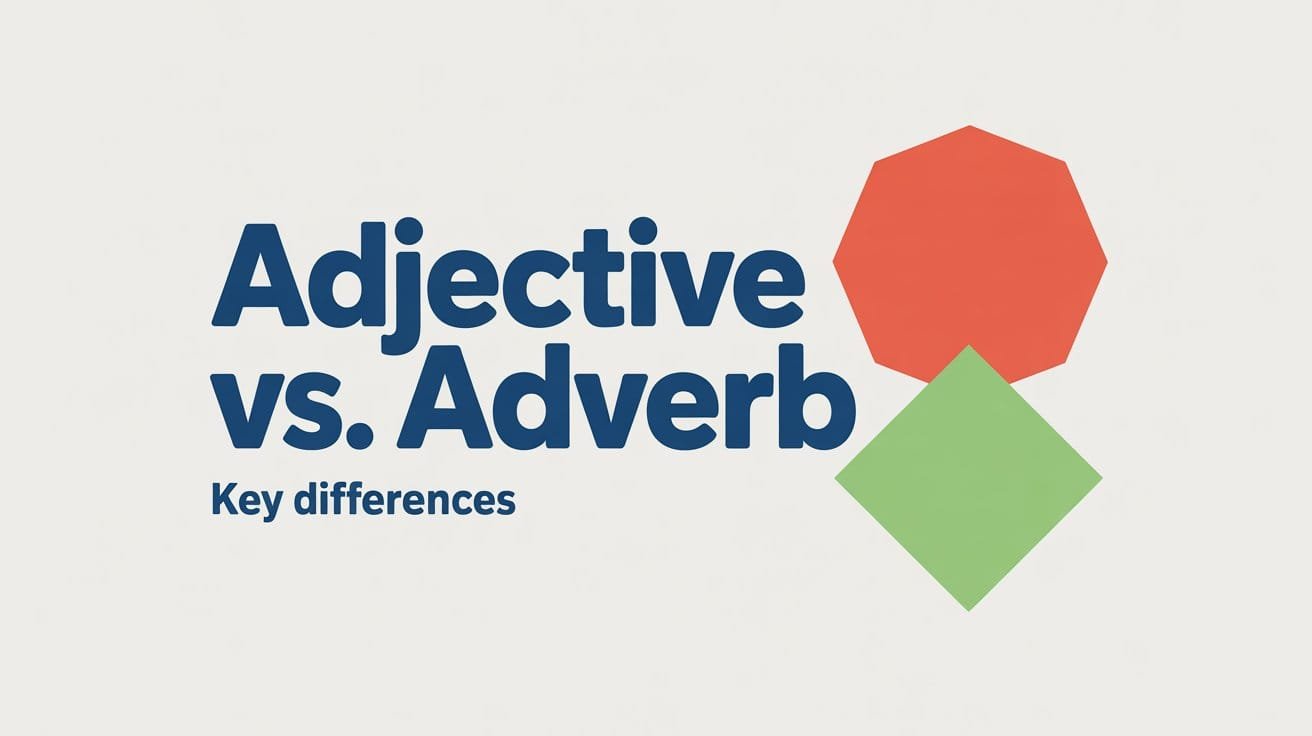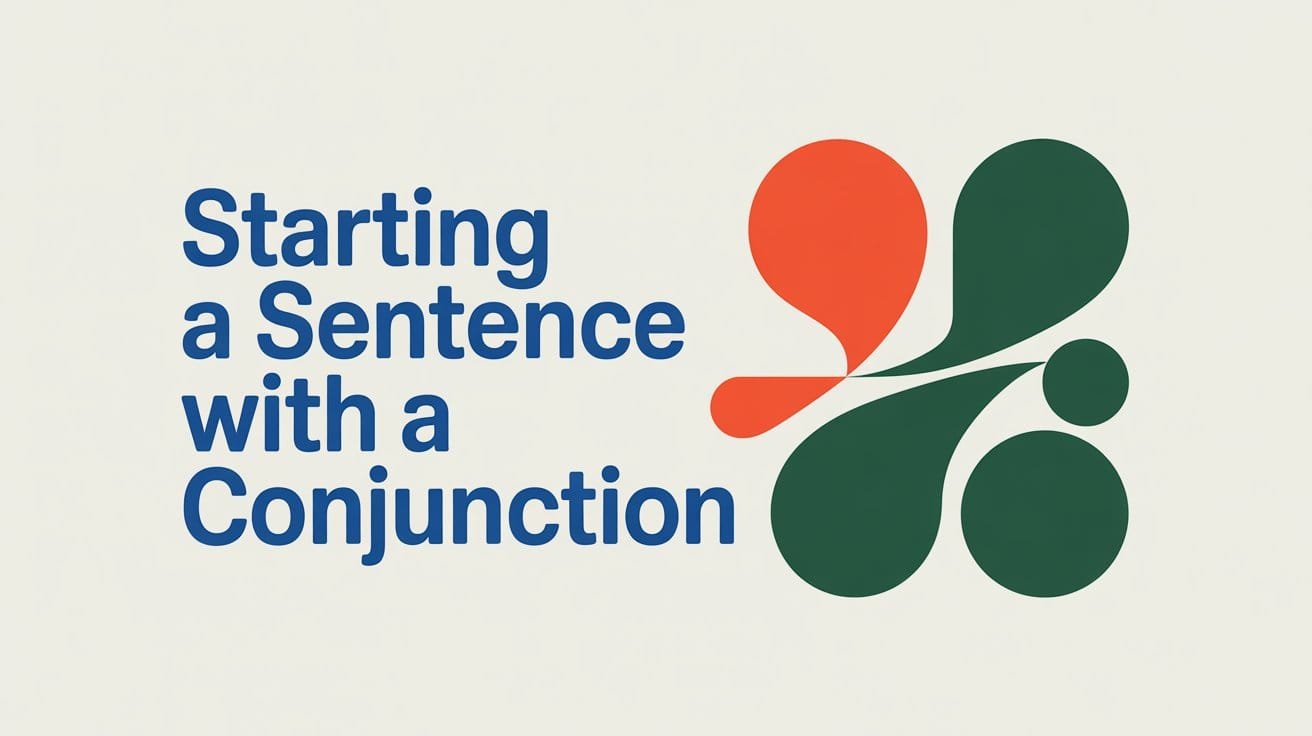Verb conjugation in English refers to changing the form of a verb to match the subject and indicate when the action happens. This process helps express tense (past, present, future), person (I, you, they), number (singular or plural), and sometimes mood or voice.
For example:
- I eat (present)
- She eats (third-person present)
- They ate (past)
- We will eat (future)
Unlike some languages, English has relatively simple conjugation patterns, especially for regular verbs. However, irregular verbs and the 12 English tenses can make things tricky without clear guidance.
How Verb Conjugation Relates to Tense
In English, verb conjugation changes depending on the tense, whether the action happens in the past, present, or future. Each tense uses specific verb forms to indicate time.
- Present: I walk
- Past: I walked
- Future: I will walk
There are 12 verb tenses in English, each combining time and aspect (simple, continuous, perfect, perfect continuous). Each requires different conjugated forms of the verb.
Common Verb Conjugation Patterns in English
Verb conjugation in English follows consistent patterns for regular verbs and more varied changes for irregular verbs. Understanding these patterns helps you recognize and use verbs correctly in different contexts.
Regular Verbs
Regular verbs follow a predictable pattern when changing forms.
- Base form: play
- Third person singular: plays
- Past tense: played
- Past participle: played
- Present participle: playing
✔ Example: She plays the piano every day. Yesterday, she played for two hours.
Irregular Verbs
Irregular verbs do not follow a fixed rule and often change forms unpredictably.
- Base form: go
- Third person singular: goes
- Past tense: went
- Past participle: gone
- Present participle: going
✔ Example: I go to the gym on Mondays. Last week, I went twice.
Subject-Verb Conjugation Rules (With Common Patterns)
In English, verb conjugation often depends on the subject of the sentence, especially in the present tense. While English verbs don’t change much compared to some other languages, there are a few consistent subject-verb patterns you need to remember.
Present Tense Conjugation (Regular Verbs)
Most regular verbs add -s or -es in the third-person singular (he, she, it).
Examples:
- I work
- You work
- He works
- She watches
- It rains
- We work
- They work
Verbs ending in -sh, -ch, -x, -s, or -o often take -es instead of just -s.
- She fixes bikes.
- He goes to school early.
Verbs ending in consonant + y change y to i + es.
- He studies hard.
- The baby cries a lot.
Past Tense Conjugation (Regular Verbs)
The subject doesn’t affect conjugation in the past tense for regular verbs. You simply add -ed for all subjects.
Examples:
- I visited
- You visited
- He visited
- They visited
Be Verb Conjugation (Irregular Pattern)
The verb “to be” is irregular and changes based on both the tense and subject.
| Subject | Present | Past |
|---|---|---|
| I | am | was |
| You | are | were |
| He/She/It | is | was |
| We/You/They | are | were |
Example:
- She is tired today.
- They were happy yesterday.
Modals and Auxiliaries
Modal verbs like can, should, might, will do not change form regardless of the subject.
Examples:
- I can swim.
- He can swim.
- They might come later.
How Irregular Verbs Are Conjugated in English
Unlike regular verbs, which follow predictable patterns when changing tense, irregular verbs don’t simply add “-ed” to form the past. They shift in unique ways, often changing spelling entirely—or not at all. That’s what makes them tricky for learners.
For example:
- Begin becomes began (past simple) and begun (past participle)
- Catch becomes caught in both past simple and past participle
- Put stays the same across all forms: put – put – put
There’s no fixed rule for conjugating irregular verbs, you have to memorize them or get familiar through repeated exposure. While the list isn’t endless, some of the most common verbs in English are irregular, so mastering them has a big impact on fluency.
If you say:
“He drinked water quickly,” ❌
The correct form is:
“He drank water quickly.” ✅
Getting verb forms wrong can sound unnatural or even confusing in context. That’s why irregular verb conjugation deserves focused practice.
Verb Conjugation in Different Moods
In English, verbs change slightly depending on the mood of the sentence. The mood reflects the speaker’s intent, whether they’re stating a fact, asking a question, giving a command, or expressing a wish or possibility.
Indicative Mood (Statements and Questions)
This is the most common mood. It’s used for facts, descriptions, and real situations.
- She walks to work. (present)
- He was reading a book. (past)
- Do you like pizza? (present question)
Imperative Mood (Commands and Requests)
Used when giving orders or instructions. The subject “you” is often implied.
- Close the window.
- Please sit down.
- Don’t be late.
Subjunctive Mood (Wishes, Hypotheticals, or Necessity)
The subjunctive is rare in everyday speech but still appears in formal writing or polite requests.
- If I were taller, I would play basketball.
- It’s important that everyone be present tomorrow.
- I wish it were Friday.
Notice how the verb form can shift—“were” instead of “was,” or “be” instead of “is”—even if it looks incorrect at first glance. These changes express imagined or non-real situations.
Verb Conjugation in Passive Voice
In passive voice, the subject receives the action instead of doing it. Verb conjugation in the passive voice uses a form of “to be” followed by the past participle of the main verb.
The conjugation depends on the tense, but the structure stays consistent:
Passive structure:
Subject + form of “to be” + past participle
Let’s look at how “write” changes across different tenses in the passive voice:
| Tense | Passive Form Example |
|---|---|
| Simple Present | The letter is written by Emma. |
| Present Continuous | The report is being prepared now. |
| Simple Past | The package was delivered yesterday. |
| Past Continuous | The meal was being served at 8 p.m. |
| Present Perfect | The homework has been submitted. |
| Past Perfect | The door had been locked earlier. |
| Future Simple | The work will be finished by 5 p.m. |
| Future Perfect | The task will have been completed. |
Even though the main verb doesn’t directly change form, conjugation still happens through the “to be” verb. It’s important to use the right tense and make sure the past participle is accurate.
Verb Conjugation in Questions and Negatives
Verb conjugation changes slightly when forming questions and negative sentences, especially in the present and past simple tenses. This often involves auxiliary verbs like do, does, or did.
In Questions
- In the present simple:
He works → Does he work?
The main verb (work) stays in base form. Does is conjugated based on the subject. - In the past simple:
They watched a movie → Did they watch a movie?
Watched becomes watch because did carries the tense.
In Negatives
- In the present simple:
She sings → She does not sing. - In the past simple:
We played chess → We did not play chess.
In both forms, the main verb reverts to its base form, and the auxiliary verb is conjugated for tense and subject.
This distinction is essential because using the past or present form of the main verb in these structures can lead to incorrect grammar, such as:
❌ Did she went home?
✅ Did she go home?
FAQs about Verb Conjugation in English
What is verb conjugation in simple terms?
Verb conjugation is the way a verb changes form to match the subject, tense, mood, or voice of a sentence. For example, “run” becomes “ran” in past tense and “runs” for third-person singular in present tense.
Why is verb conjugation important?
Conjugation helps clarify who is doing the action and when. Without it, sentences would be confusing or incorrect. For instance, “He walk to school” is incorrect; the right form is “He walks to school.”
Are all English verbs conjugated the same way?
No. Regular verbs follow predictable patterns (like “work” → “worked”), while irregular verbs change in less predictable ways (like “go” → “went”).
What’s the difference between base form and infinitive?
The base form is the verb without any endings (e.g., “play”). The infinitive includes “to” (e.g., “to play”). Both are unconjugated, but they’re used differently in sentences.



